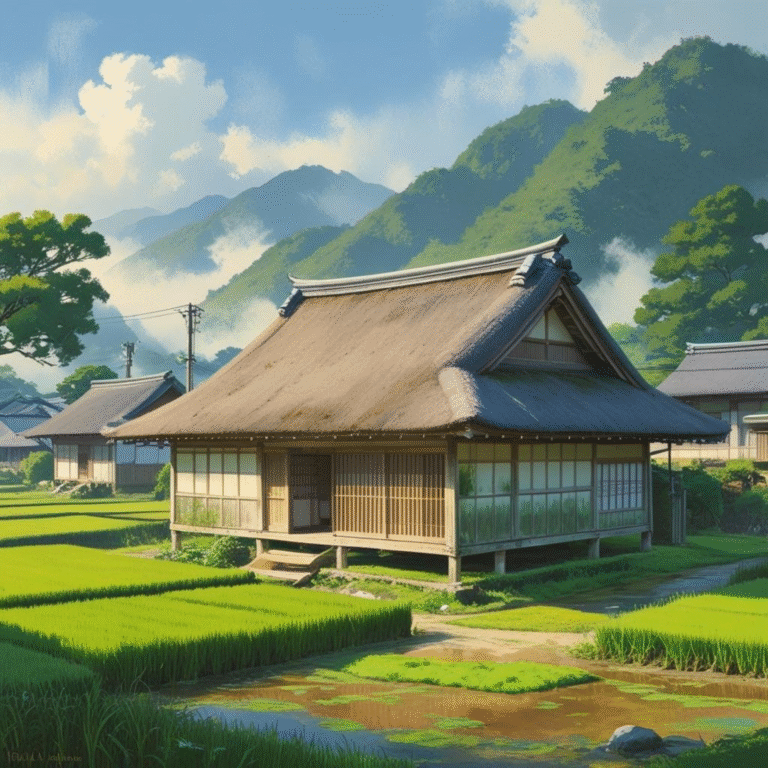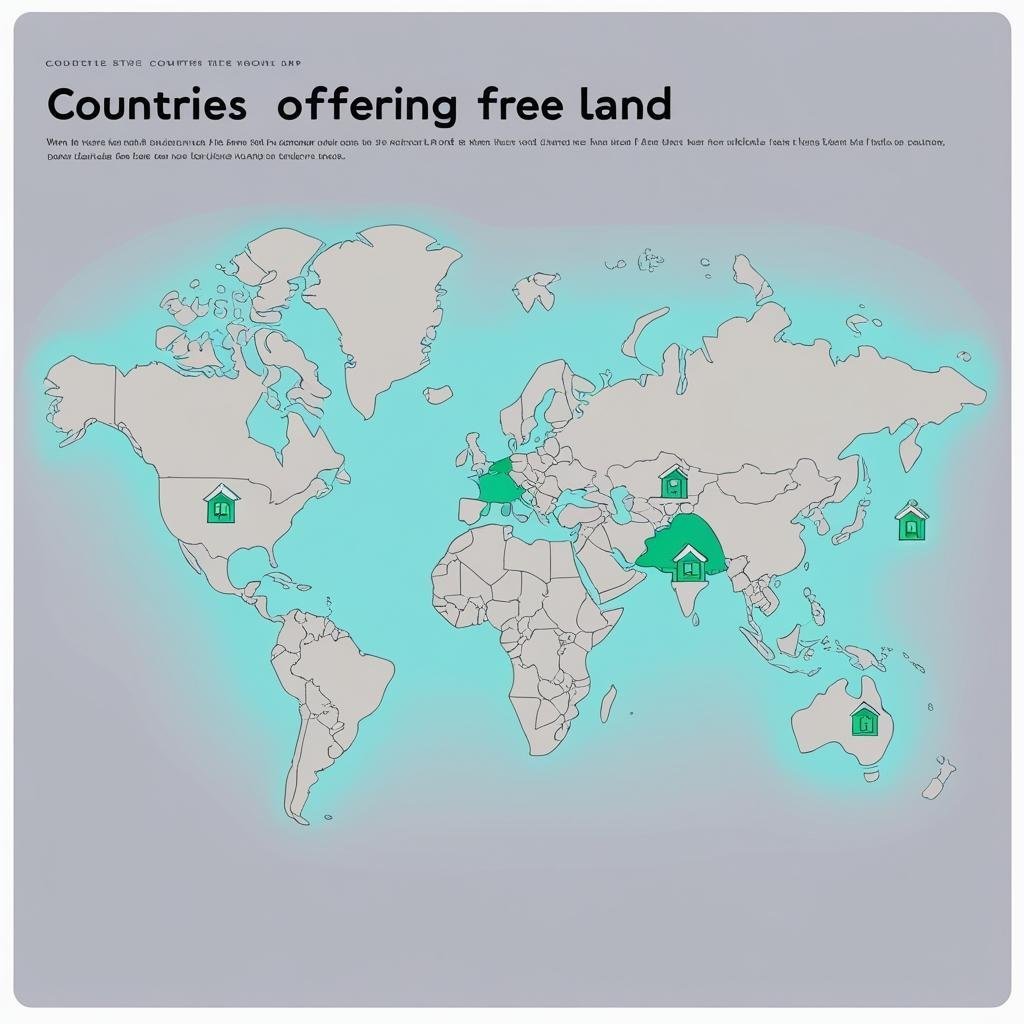🇯🇵 Why Japan Is Giving Away Free Houses – The Truth Revealed
Japan, known for its ultra-modern cities, cutting-edge tech, and ancient traditions, is now making headlines for something unusual — free houses. Yes, you read that right. Entire homes in Japan are being given away for free or sold for as low as ₹1 lakh.
But why is this happening in a country where real estate has traditionally been expensive? Is there a catch? Let’s break down this fascinating phenomenon known as the Akiya Crisis — and what it reveals about Japan’s society, economy, and future.
🏠 What Are “Akiya” – Japan’s Empty Homes
In Japanese, the term “Akiya” (空き家) means “vacant house.” These are homes that have been abandoned or left unoccupied for long periods, often after the death of the original owners or because families have migrated to bigger cities.
As of 2023, over 8 million homes in Japan — nearly 1 in 7 — are empty.
📉 Why Are Homes Being Abandoned?
Here are the main reasons behind this strange trend:
- Aging Population: Japan has one of the oldest populations in the world. When elderly people pass away, their rural homes often remain vacant.
- Urban Migration: Young people are moving to cities like Tokyo and Osaka for work, leaving behind ancestral homes.
- Property Inheritance Issues: Some families don’t want to take ownership of these properties due to high maintenance costs or taxes.
- Cultural Stigma: Houses where someone died (especially unnaturally) are considered unlucky and hard to resell.
💸 Why Is Japan Giving Houses Away for Free?
To tackle the rising number of empty homes, many local governments have launched “Akiya Banks”, which list these houses for free or low cost.
In some cases:
- You only need to pay for registration or minor renovation.
- Some towns even offer cash incentives to families who agree to move in and restore the home.
This isn’t just about charity — it’s a strategy to revive dying towns, attract young families, and make use of abandoned land.
🚫 What’s the Catch?
While the idea sounds amazing, there are some conditions:
- Renovation Costs: Many of these homes are in poor condition and need serious repairs.
- Remote Locations: They’re often located in rural or mountainous areas, far from major cities.
- Strict Residency Rules: You may be required to live there full-time, contribute to the local economy, or have children.
🌍 Can Foreigners Apply?
Yes — but with restrictions. Some Akiya programs are open to foreigners if they have residency in Japan or partner with a local. Others may allow foreign buyers but expect them to follow local housing rules and pay taxes.
There are also real estate companies that specialize in helping foreigners purchase Akiya legally.
📲 How to Find These Free Houses?
Here are a few official websites (translated into English):
🧠 Bigger Lesson: What India Can Learn from Japan
This Akiya crisis teaches us about the side effects of rapid urbanization and an aging population. Countries like India are also seeing a migration shift from rural to urban. Planning for sustainable housing, rural revival, and population balance is essential.
Japan’s solution may look extreme, but it’s a proactive step to preserve communities and land before it’s too late.
✅ Conclusion
The idea of getting a home in Japan for free is exciting — but it’s not without its challenges. It’s a story of demographic change, smart policy, and human migration. As Japan tries to breathe life into its ghost towns, the world is watching — and learning.
Would you move to Japan for a free house? comment your thoughts
“Also read: How China’s Property Bubble Is Bursting”
“You might like: 5 Countries Offering Free Land in 2025”





